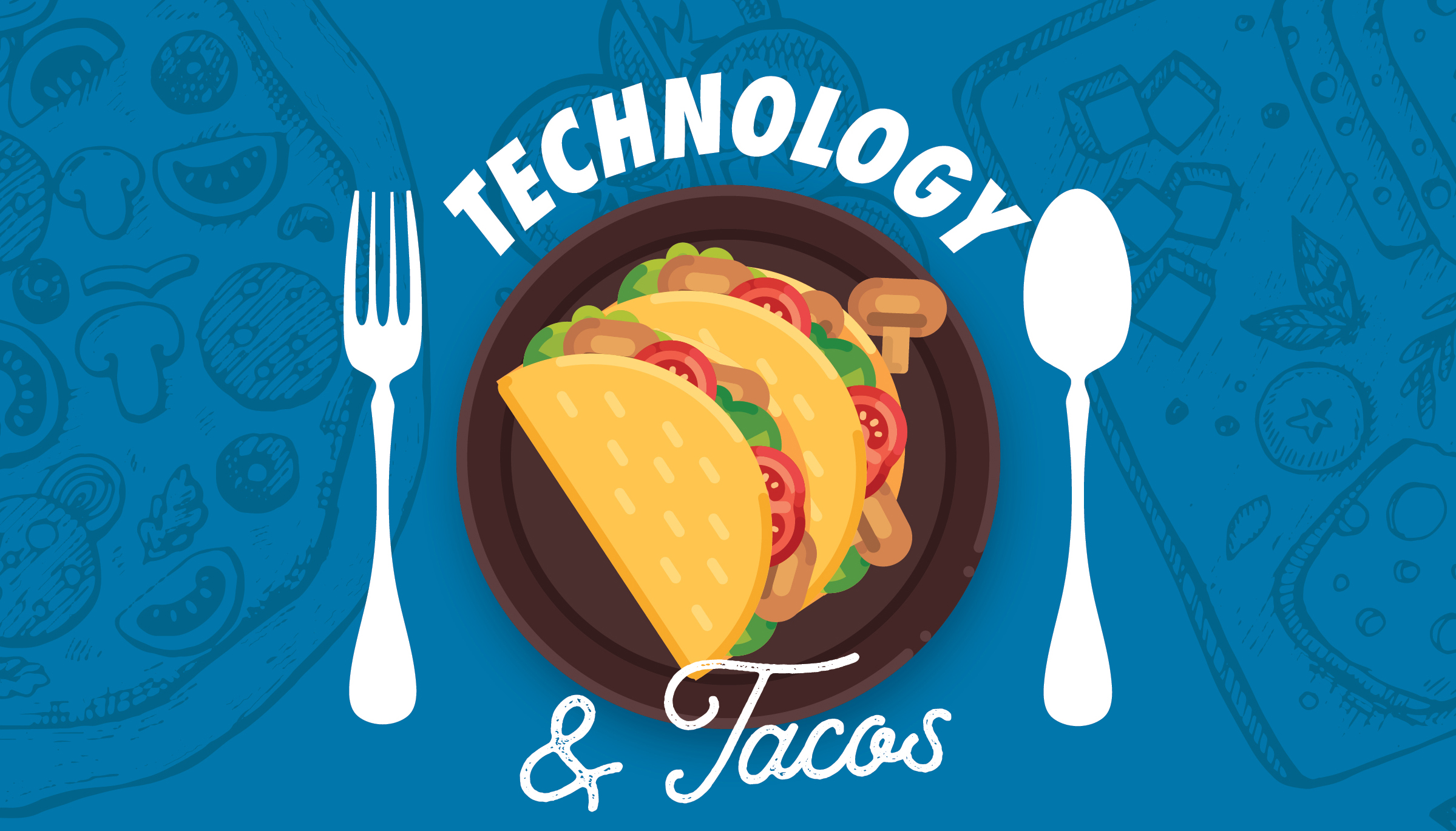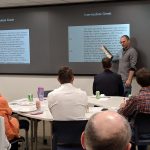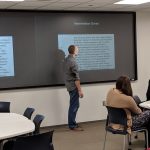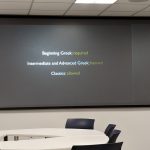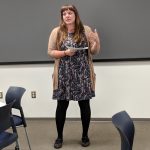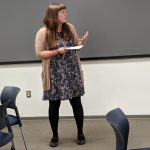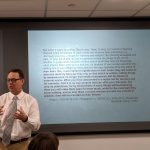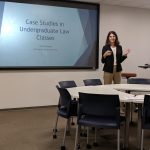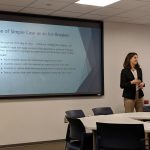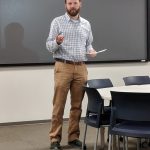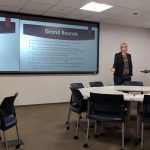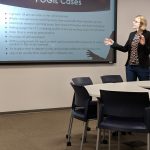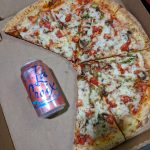Our Pedagogy and Pizza lunchtime workshop series is back, and it has a new name!
During the Fall term, we’ll meet on three occasions — Tuesday, September 21; Tuesday, October 5; Tuesday, November 9 — in the Harte Center Teaching Hub (Leyburn 119) to explore and learn about the why and how of podcasting.
- Technology and Tacos #1: Incorporating Podcasting into Your Teaching Practice
Educational podcasting has become increasingly popular among educators worldwide. Podcasting can be implemented in a variety of ways: from short, single-concept lectures or audio feedback to students to syntheses of course material through to student-generated content.In this session, hear directly from three W&L faculty members, Mikki Brock, Caleb Dance, and Michael Hill, about why they’ve incorporated podcasting into their classrooms and how it’s worked for them.
- Technology and Thai #2: Teaching Students Interviewing Skills
The interview is a staple of both podcasting and journalism, but many students are unfamiliar with how to effectively plan, conduct, and edit interviews.In this session, Mark Coddington, Associate Professor of Journalism and Mass Communications, will go over the basics of what students need to know about interviewing, then have workshop participants pair up to briefly interview each another and debrief afterwards.
- Technology and Turkey #3: The Nuts and Bolts of Podcasting
Get a step-by-step breakdown of the entire process, including technology that’s available for check out, recommended recording/editing software, a quick tour of spaces in the Harte Center that are ideal for student work/collaboration, and how Academic Technologies can support podcasting project assignments, to ensure that students have the skills and background knowledge to create a podcast.
All faculty and staff are encouraged to sign up and attend! Sign up at https://go.wlu.edu/techandtacos.
Participants who attend all three sessions will receive a free AOKEO USB Condenser Podcast Microphone ($39.99 retail value).
Questions? Contact Julie Knudson at jmknudson@wlu.edu.
